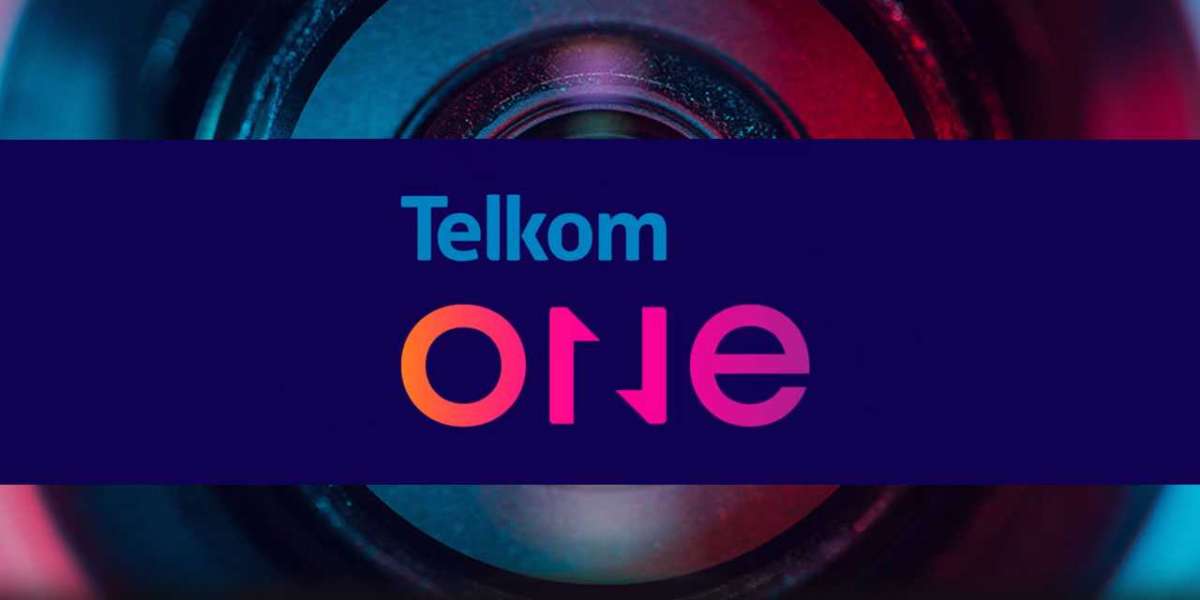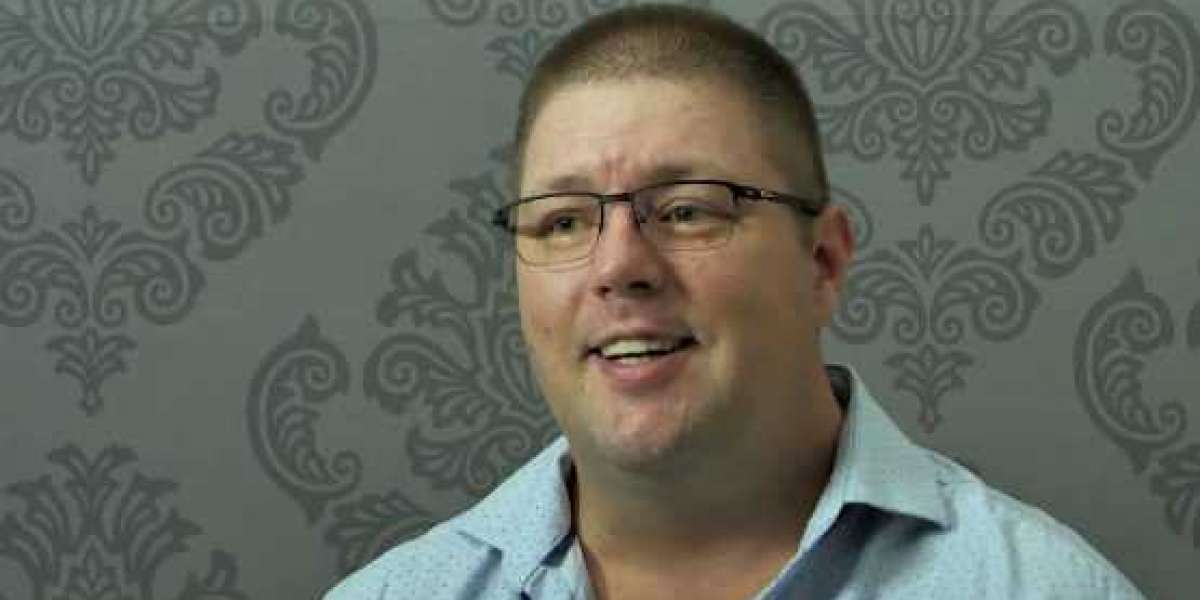President Cyril Ramaphosa's move signifies a robust crackdown on corruption within state entities, particularly focusing on irregularities in tender processes and financial mismanagement.
In a bid to combat rampant corruption and maladministration within South Africa's public sector, President Cyril Ramaphosa has directed the Special Investigating Unit (SIU) to delve deep into the labyrinthine depths of the Passenger Rail Agency of South Africa (PRASA)'s affairs. At the center of this scrutiny lies the infamous 'tall trains' scandal, a sordid tale of opaque deals, inflated tenders, and backdoor transactions.
The saga began with PRASA's ill-fated decision to award a lucrative contract worth R3.5 billion to Swifambo Rail Leasing Pty Ltd in 2013. Despite glaring irregularities and a glaring lack of experience in the railway industry, Swifambo emerged as the preferred bidder, raising eyebrows and suspicions among industry observers. The locomotives supplied under the contract were not only unsuitable for South Africa's railway infrastructure but also posed significant safety risks, highlighting the egregious mismanagement of public funds.
The involvement of political connections further muddied the waters, with allegations of kickbacks and illicit payments surfacing during subsequent investigations. Auswell Mashaba, the director of Swifambo and father of socialite Nsovo Mashaba, found himself embroiled in the scandal, admitting to funneling funds towards political affiliates and personal gains. The ramifications of this corruption were far-reaching, implicating 44 PRASA officials and resulting in a cascade of resignations and suspensions.
Legal proceedings, including investigations by the Hawks and the SIU, revealed the extent of corruption within PRASA, painting a damning picture of systemic failures and institutionalized malpractice. The Supreme Court of Appeal's ruling, which deemed the tender procurement process as deeply flawed and riddled with corruption, underscored the urgent need for accountability and reform within the public transportation sector.
President Ramaphosa's decision to unleash the SIU on PRASA signifies a pivotal moment in South Africa's fight against corruption, sending a clear message that no individual or entity is above the law. The SIU's mandate extends beyond PRASA, encompassing investigations into fraudulent activities within the Department of Home Affairs, including irregularities in visa issuance and allegations of ghost employees.
As the SIU delves deeper into these murky waters, the nation watches with bated breath, hoping for justice to prevail and for systemic reforms to stem the tide of corruption plaguing South Africa's public institutions. The outcome of these investigations will not only shape the future of PRASA and the Department of Home Affairs but also serve as a litmus test for the government's commitment to transparency and accountability.








